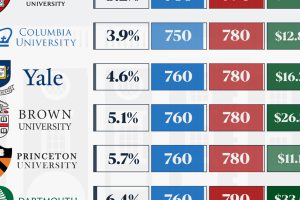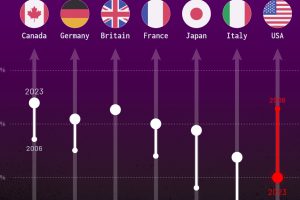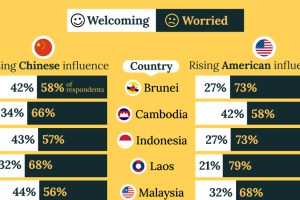The Business of the 2014 World Cup
As you are reading this, billions of people are enjoying and celebrating the beautiful game being played by the world’s elite players. However, the 2014 FIFA World Cup is more than just a global football jamboree, it is also a magnet for controversy.
The revenue FIFA will generate in just one month will exceed an entire season’s revenue for the NBA, Premier League, LOGOC, VANOC and NHL. However, for Brazil, the cost of hosting the tournament will far exceed any money it will recoup in 30 days.
Brazil, a developing nation, has spent an estimated $11 billion on hosting the World Cup, making it the most expensive ever. To put that in perspective, the last World Cup, held by South Africa, cost $2.3 billion to host. Those opposing the Brazilian government spending the money on football argue that the funds could have been better used in developing the country’s education system, health care, and infrastructure. Also, thousands of homeless Brazilians were displaced in order to construct stadiums and other structures for the World Cup.
It is important to note that this isn’t the only big party Brazil is throwing. In just two short years, Brazil will be hosting the 2016 Summer Olympics. Brazil will once again be under the global spotlight, and only time will tell if the Brazilian people will be more receptive to incurring another multi-billion dollar expense.
A side note, future 2022 World Cup Host, Qatar, will spend a mind boggling $200 billion in anticipation for its turn to host the World Cup. Controversy has ravaged the oil rich nation from the very beginning with bribery scandals and human rights violations.
FIFA generates a tremendous amount of revenue and it is interesting how it is allocated. First, the prize money for this tournament will be a record $576 million. Prize money is paid to national soccer federations and they allocate it as they see fit. The rest of the money is allocated to stakeholders that are involved in the tournament. Stakeholders include: clubs who are sending players to play, the host country’s national football federation, and an insurance fund for any injured players. The left over money, aka profit, will go directly to FIFA. This year’s tournament is expected to pocket FIFA $2.61 billion.






